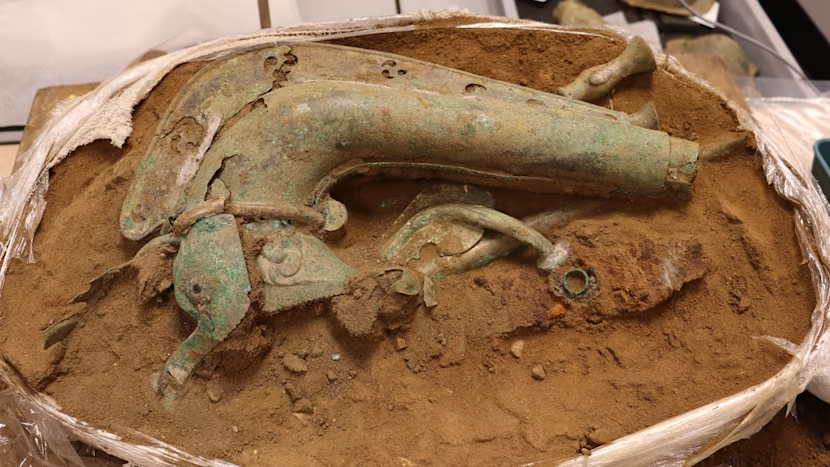Who Was Hermes?
Hermes, one of the most dynamic figures in Greek mythology, served as the messenger of the gods. Beyond delivering messages, he played a crucial role in guiding souls, protecting travelers, and mediating between the divine and mortal worlds. Hermes’ stories combine practicality with cleverness, showing a god who embodies both cunning and usefulness.
Hermes’ Role in Daily Life and Commerce
Hermes was closely associated with trade, communication, and commerce. Merchants and travelers often prayed to him for guidance and protection. His influence on commerce highlights the Greek understanding of clever negotiation, speed, and adaptability as essential elements of survival and prosperity.
The Trickster God
Hermes’ playful, mischievous nature often brought humor and unpredictability to mythology. He was known for tricking gods and humans alike, demonstrating intelligence, cunning, and resourcefulness. This aspect of his character not only entertained but also conveyed lessons about problem-solving, wit, and flexibility.
Spiritual and Cultural Influence
Beyond commerce and mischief, Hermes had a spiritual role as the guide of souls to the underworld, connecting life and death. His presence in Greek mythology embodies the human desire to navigate uncertainty with cleverness, communication, and strategy.
Conclusion
Hermes remains an enduring symbol of adaptability, intelligence, and wit. His multifaceted roles show the balance between practical skills and moral lessons in Greek mythology, making him a fascinating figure for both scholars and casual readers.






